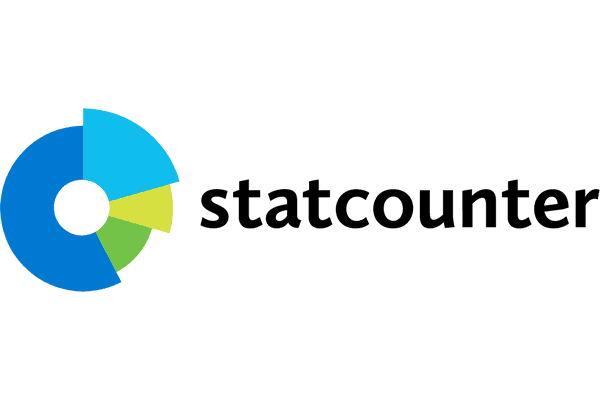PREFERENSI MAHASISWA DALAM AKSES INFORMASI DARI INTERNET DIBANDINGKAN BUKU
DOI:
 https://doi.org/10.37859/eduteach.v6i02.9282
https://doi.org/10.37859/eduteach.v6i02.9282
Abstract
A diverse array of information sources in multiple formats offers students avenues to satisfy their academic requirements. The objective of this study is to elucidate students' preferences in information retrieval, specifically contrasting the utilization of the internet and traditional books as primary references. The rapid advancement of technology has significantly shaped the methodologies by which students pursue information for both scholarly and non-scholarly objectives. This research adopts a quantitative framework via an online survey encompassing 82 students from a range of academic disciplines at Tidar University. The findings indicate that a predominant portion of respondents favors the internet due to its ease of access and the extensive range of information it provides. Conversely, a segment of students continues to depend on books, attributing to them a greater sense of credibility and a more comprehensive presentation of information. This observation signifies a noteworthy transition in information-seeking preferences, even as books retain their relevance within specific contexts. Consequently, this study advocates for initiatives aimed at enhancing students' competencies in selecting and critically appraising information, particularly from digital mediums.
Downloads
References
[2] A. Prajawinanti, "Pemanfaatan buku oleh mahasiswa sebagai penunjang aktivitas akademik di era generasi milenial," Jurnal Ilmiah Ilmu Perpustakaan dan Informasi, vol. 8, no. 1, p. 26, 2020.
[3] I. J. Alexander, G. Sirait, I. S. Sibarani and L. Sitorus, "Edukasi Literasi Digital Dalam Menangkal Penyebaran Hoax Di Masyarakat," Pengembangan Penelitian Pengabdian Jurnal Indonesia (P3JI), vol. 1, no. 4, p. 1, 2023.
[4] A. P. Idhamani, "Dampak Teknologi Informasi terhadap Minat Baca Siswa," Jurnal Perpustakaan, vol. 11, no. 1, p. 1, 2020.
[5] Y. Yumiarti and B. Komalasari, "Pemanfaatan Internet dan Agenda Setting Media Massa," Jurnal Dakwah dan Komunikasi, vol. 5, no. 1, p. 70, 2020.
[6] T. Dyatmika, S. Bakhri and M. R. Kamal, "Hoax dan Literasi Media Internet di Era Covid-19," Jurnal Kajian Sosial Keagamaan, vol. 4, no. 1, p. 65, 2020.
[7] M. N. Majid, "Analisis Resepsi Mahasiswa Terhadap Pemberitaan Hoax di Media Sosial," Journal of Communication, vol. 5, no. 2, p. 230, 2020.
[8] Z. N. Sahilanada and Jumino, "Kemampuan Literasi Digital Anggota Pers Mahasiswa Hayamwuruk Fakultas Ilmu Budaya Universitas Diponegoro dalam Merespon Hoax," Jurnal Kajian Budaya, Perpustakaan, dan Informasi, vol. 5, no. 1, p. 96, 2021.
[9] N. Suriani, Risnita and M. S. Jailani, "Konsep Populasi dan Sampling Serta Pemilihan Partisipan Ditinjau Dari Penelitian Ilmiah Pendidikan," Jurnal Pendidikan Islam, vol. 1, no. 2, p. 25, 2024.
[10] A. R. F. Gani and W. Arwita, "Kecenderungan Literasi Informasi Mahasiswa Baru Pada Mata Kuliah Morfologi Tumbuhan," Jurnal Pelita Pendidikan, vol. 8, no. 2, p. 149, 2020.
Downloads
Published
Issue
Section
License
Copyright (c) 2025 EduTeach : Jurnal Edukasi dan Teknologi Pembelajaran

This work is licensed under a Creative Commons Attribution-NonCommercial-ShareAlike 4.0 International License.










